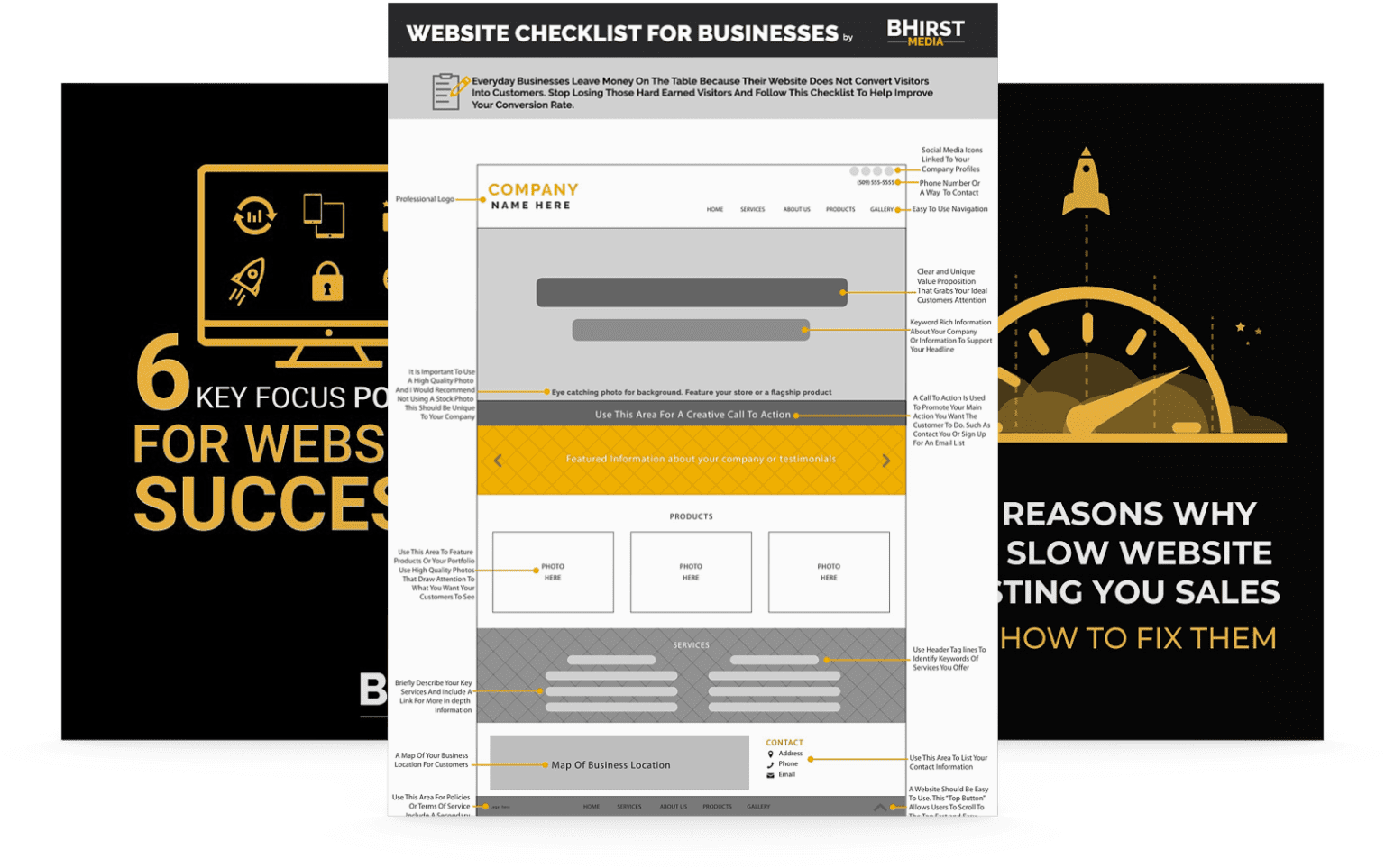
Building trust over the web is hard, but there are some great ways to utilize your site to speak to your audience and get the most out of your personal brand.
From simple one-click solutions to maintaining your website’s reputation over time, this article will explain exactly how to earn the trust of potential clients and keep it indefinitely.
Your website is the front page of your brand, and when it comes to building trust, first impressions are crucial. Ensuring that your site design is clear, concise, and easy to navigate will keep users engaged, encouraging them to browse through other pages. Here are a few areas you should focus on.
Having a site that looks great is all-important. A selection of high-quality images, careful text placement, and aesthetically pleasing colors contribute to making a positive first impression.
In many cases, a site visitor will know exactly what they’re looking for, so make it as easy as possible for them to access the desired location. Keep popular resources in your navigation bar and implement a detailed internal linking plan, just in case they get lost along the way.
If your website’s design isn’t optimized for performance, prepare for an influx of lost leads and disgruntled repeat customers. Many studies have been conducted into the correlation between speed and bounce rate. Virtually all visitors abandon the site if it takes longer than 15 seconds to load.
This goes beyond merely proof-reading your pages and adjusting any typing errors. Break up your content into manageable, properly headed sections so that users can skim and scan to their heart’s content.

Keeping your site consistent will not only help to strengthen your brand, it also goes a long way in terms of building a basis of trust. Stick to a set color scheme and frequently feature your logo to reassure users that they have not been unknowingly referred to another site. You should also keep a consistent tone across all the content you publish, including blog posts and website updates.
Everyone hates spam. Whether that be annoying pop-ups asking for your email address, or advertising being shown at any opportunity, people don’t like it. While many people like to focus on the leads created through these strategies, the potential damage doesn’t warrant the risk.
To further establish trust on your website, acquire these leads more naturally, perhaps by offering further details or a custom quote. Personal information is exactly that, and by nature, web users tend to refrain from providing these details unless absolutely necessary.
Recently received an award for your services or had an incredibly positive review from a client? If so, proudly displaying this on your website can help to gain trust from visitors. However, when implementing this marketing strategy, make sure you only use authentic reviews that can be verified by new users. You should also link to the official source when referencing an achievement, such as a Trustpilot page or blog post from the company that presented the award.
SSL Certificates are a trust-marker that all reputable websites should have. It’s essentially an added security layer for visitors, meaning that their information is encrypted before accessing your site. Sensitive data is then only shown when absolutely necessary, for example, to complete an order or send a tailored quote.
A few different pages should be present on your site to establish a connection with users. Some of these include:
Sure, taking all of the measures listed above might be a time-consuming task, but it will be an investment that pays for itself in the long run.
If you don’t have the time or resources to create a website that fits these parameters, BHirst Media can take care of everything on your behalf. From a simple modification to a comprehensive site site redesign, we’ve got you covered. Book a consultation today, and let’s get you recognized for all the right reasons!
